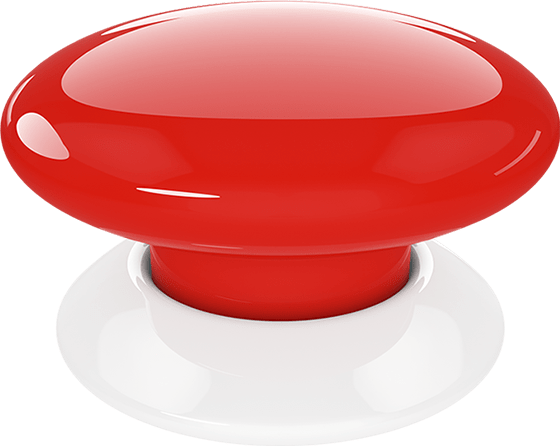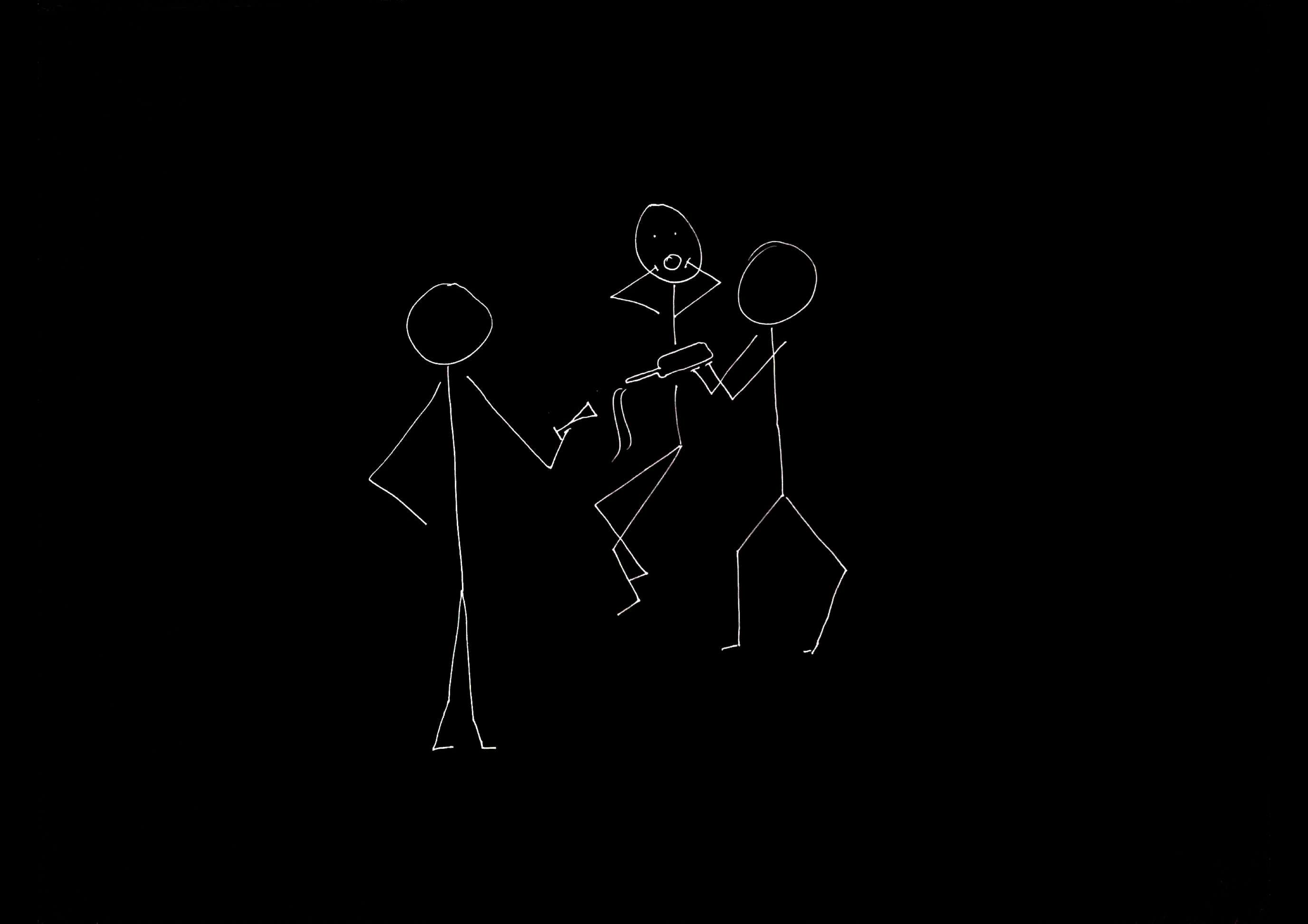Click here and press the right key for the next slide.
(This may not work on mobile or ipad. You can try using chrome or firefox, but even that may fail. Sorry.)
also ...
Press the left key to go backwards (or swipe right)
Press n to toggle whether notes are shown (or add '?notes' to the url before the #)
Press m or double tap to slide thumbnails (menu)
Press ? at any time to show the keyboard shortcuts

Goal-Directed and Habitual Processes


outcomes:
press red → electric shock → pain experience
press green → chocolate flake → pleasure experience
stimulus–action associations:
buttons : press red [punished ∴ becomes weaker]
buttons : press green [rewarded ∴ becomes stronger]
stronger stimulus–action association ∴ action is more likely
no intentions here
‘instrumental behavior is controlled by two dissociable processes: a goal-directed and an habitual process’
belief desire
stimulus → action → outcome
a → b = a follows b
habitual process
Action occurs in the presence of Stimulus.
Outcome follows action
Agent is rewarded
Stimulus-Action Link is strengthened due to reward
Given Stimulus, will Action occur? It depends on the strength of the Stimulus-Action Link.
‘goal-directed’ process
Action leads to Outcome.
Belief in Action-Outcome link is strengthened.
Agent has a Desire for the Outcome
Will Action occur? It depends on the Belief in the Action-Outcome Link and Agent’s Desire.

What is the relation between an instrumental action and the outcome (or outcomes) to which it is directed?


What is the relation between an instrumental action and the outcome (or outcomes) to which it is directed?
What is the relation between an instrumental action and the outcome or outcomes to which it is directed?
habitual
The outcome is related to the action via their history.
Action was caused by stimulus–action link
Stimulus–action link exists because of a rewarding Outcome in the past
Habitual processes exist to enable the agent to bring such Outcomes about.
goal-directed
The outcome is related to the action via an intention.
The intention specifies an outcome.
The intention causes the actions in a way that would normally increase the probability of the specified outcome ocurring.

What is the relation between an instrumental action and the outcome (or outcomes) to which it is directed?